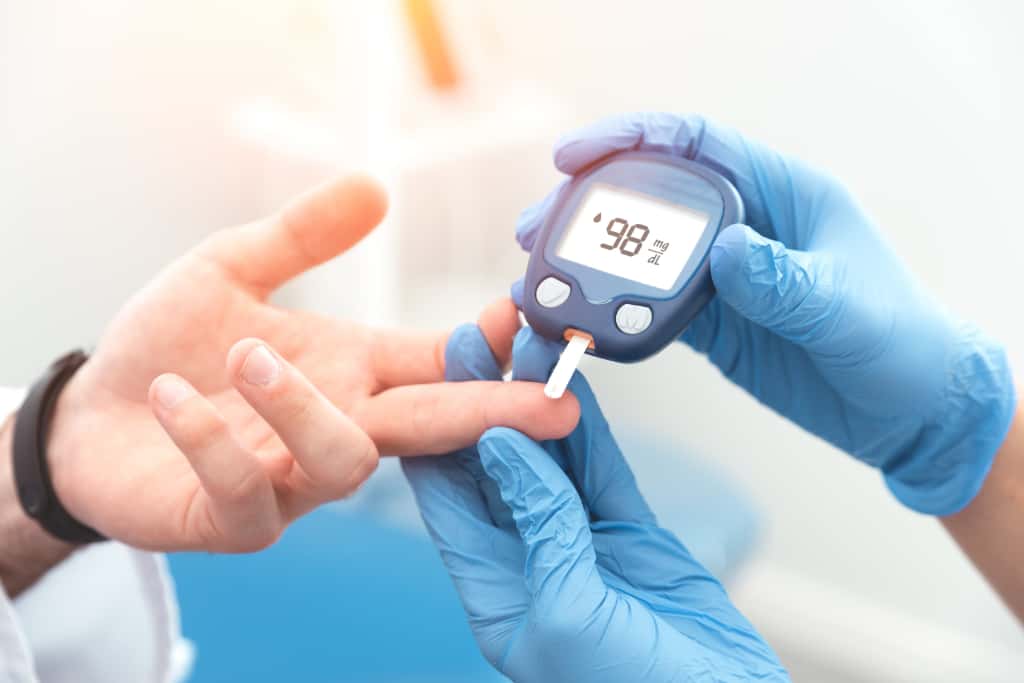As the world observes World Diabetes Day 2025, health experts are emphasizing the power of simple morning habits in managing blood sugar levels naturally. With diabetes affecting millions globally, including a rising prevalence in Nigeria and across Africa, awareness and practical lifestyle adjustments are more important than ever. Morning routines, often overlooked, play a pivotal role in determining blood glucose levels, energy, and overall metabolic health throughout the day.
This article delves into scientifically-backed morning strategies that can help control blood sugar, improve insulin sensitivity, and support long-term health—without relying solely on medication.
Understanding the Morning Glucose Connection
The human body undergoes significant metabolic changes overnight. While we sleep, liver glycogen stores break down, releasing glucose into the bloodstream to maintain energy levels. This is why fasting blood sugar in the morning is a crucial indicator of how your body is managing glucose and insulin overnight.
Experts note that adopting the right morning habits can stabilize these levels, reduce spikes after meals, and improve energy and focus. Ignoring morning routines, on the other hand, can lead to erratic blood sugar patterns, insulin resistance, and eventually Type 2 diabetes.
Key Morning Habits to Naturally Regulate Blood Sugar
1. Check Your Blood Sugar Early
Monitoring your fasting glucose first thing in the morning provides a baseline for your daily sugar management. Regular monitoring helps individuals identify patterns, respond proactively to fluctuations, and make informed dietary or lifestyle adjustments.
Tip: Keep a small journal noting your fasting sugar, breakfast, and morning activities to observe trends and share insights with your healthcare provider.
2. Start Your Day with Hydration
Drinking water immediately after waking supports blood sugar control in multiple ways:
- Dilutes concentrated blood glucose: Dehydration can raise blood sugar levels by concentrating glucose in the bloodstream.
- Boosts metabolism: Water kickstarts cellular processes and aids digestion.
- Promotes detoxification: Hydration assists kidney function and helps flush out metabolic waste.
Pro Tip: Aim for 1–2 glasses of lukewarm or room-temperature water. For added benefit, consider infusing with lemon to enhance vitamin C intake and support liver function.
3. Engage in Morning Exercise
Physical activity in the morning is one of the most effective natural ways to regulate blood sugar. Muscle contraction during exercise helps glucose uptake independently of insulin, reducing blood sugar spikes and improving insulin sensitivity over time.
Recommended activities include:
- Walking or jogging for 20–30 minutes
- Yoga or stretching routines to enhance flexibility and circulation
- Bodyweight exercises such as squats, lunges, or push-ups
Studies indicate that morning exercise not only helps stabilize blood sugar but also enhances mood, focus, and energy for the rest of the day.
4. Consume a Balanced, High-Protein Breakfast
Breakfast sets the tone for your metabolism and blood sugar response. Experts recommend a meal that combines protein, healthy fats, and fibre to prevent rapid spikes in glucose.
Examples of effective breakfast options:
- Eggs with vegetables or millet porridge
- Greek yogurt with chia seeds and nuts
- Oats topped with berries and ground flaxseeds
Avoid highly processed carbohydrates such as sugary cereals or white bread, which can trigger sharp glucose surges and insulin spikes.
5. Prioritize Quality Sleep
Emerging research highlights a strong link between sleep quality and glucose metabolism. Poor sleep reduces insulin sensitivity and increases hormones like ghrelin, which promote hunger and cravings for sugary foods.
Practical sleep tips:
- Aim for 7–8 hours of uninterrupted sleep
- Maintain a consistent sleep and wake schedule
- Minimize screen exposure 1 hour before bed
- Keep your bedroom cool and dark for optimal rest
Good sleep ensures your morning blood sugar starts at a stable level, making other lifestyle habits more effective.
6. Consider Functional Morning Beverages
Several natural drinks can support blood sugar management when incorporated into your morning routine:
- Fenugreek water: Soak a teaspoon of fenugreek seeds overnight and drink the infused water in the morning. Soluble fibre in fenugreek slows carbohydrate absorption.
- Lemon water: Half a lemon in warm water provides antioxidants, supports liver detoxification, and can improve insulin sensitivity.
- Herbal teas: Cinnamon or green tea may help moderate glucose levels and improve metabolic health.
Caution: These drinks complement but do not replace prescribed medications for diabetes.
Why Morning Habits Matter More Than You Think
Morning routines are not merely about feeling awake—they are a critical period for regulating blood sugar, metabolism, and hormonal balance. Consistent, healthy morning habits have been shown to:
- Reduce post-meal blood sugar spikes
- Improve long-term insulin sensitivity
- Support weight management and energy levels
- Enhance mental clarity and productivity
For individuals at risk of Type 2 diabetes or those managing prediabetes, these habits can be transformative when combined with regular medical guidance.
Challenges and Considerations
While these morning routines are highly effective, it’s important to personalize them based on individual health status:
- Consult healthcare providers before making significant dietary or exercise changes
- Monitor blood sugar regularly to understand what works best for your body
- Combine morning routines with overall lifestyle changes, including a balanced diet, physical activity throughout the day, and stress management
Ignoring these factors could undermine blood sugar control despite a good morning routine.
Conclusion: Small Changes, Big Impact
World Diabetes Day 2025 is a reminder that prevention and management of diabetes are within our daily reach. Simple morning habits—hydration, exercise, balanced breakfast, and quality sleep—can significantly impact blood sugar regulation and long-term health.
The key question for everyone, especially those at risk, is: Are we ready to start each day with intentional habits that protect our health, or will we continue ignoring these critical first hours of the day?
Adopting these morning routines could not only reduce the risk of diabetes complications but also improve overall quality of life. The journey to better health begins the moment you wake up.



